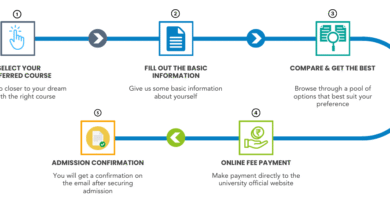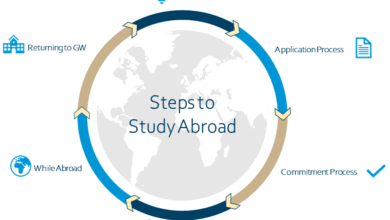Hans admissions
-
Admissions

How to Gain Admission into Japanese Universities as a Foreigner
Japan is home to some of the world’s top universities, blending academic excellence with rich cultural experiences. If…
Read More » -
Admissions

Common Mistakes Students Make During University Applications
Applying for university admission is exciting, but many students make errors that cost them opportunities. Here are common…
Read More » -
Admissions

How to Apply for Double Degree or Joint Degree Programs Abroad
For students looking to expand their academic and career opportunities, double degree (two degrees from different universities) and…
Read More » -
Admissions

Admission Process for Online Universities & Distance Learning Programs
Online universities and distance learning programs are becoming a popular choice for students who want flexible study schedules,…
Read More » -
How to Transfer from One University to Another (Local & Abroad)
Sometimes, students realize that the university they first enrolled in may not be the right fit. Whether it’s…
Read More » -
Admissions

Best Universities in Germany for MBA in Technology & Innovation
Germany has become one of the top destinations for international students pursuing MBA programs, especially in technology, digital innovation,…
Read More » -
Home

Top Universities in Africa for Agricultural Studies
Federal University of Agriculture, Abeokuta (FUNAAB), Nigeria FUNAAB stands out as the best agricultural university in Africa, according to…
Read More »


